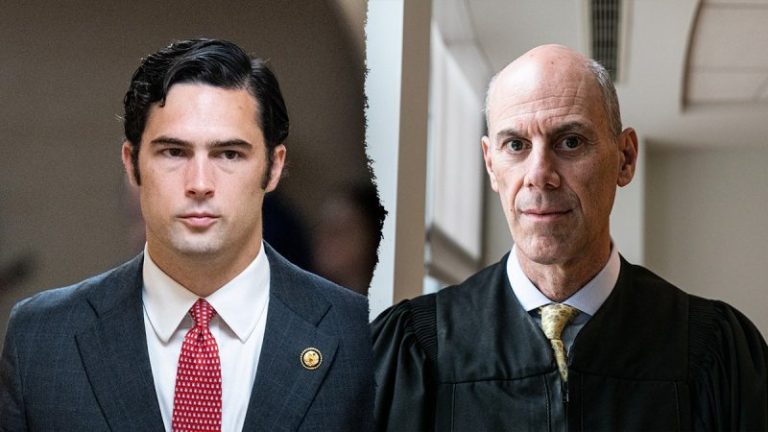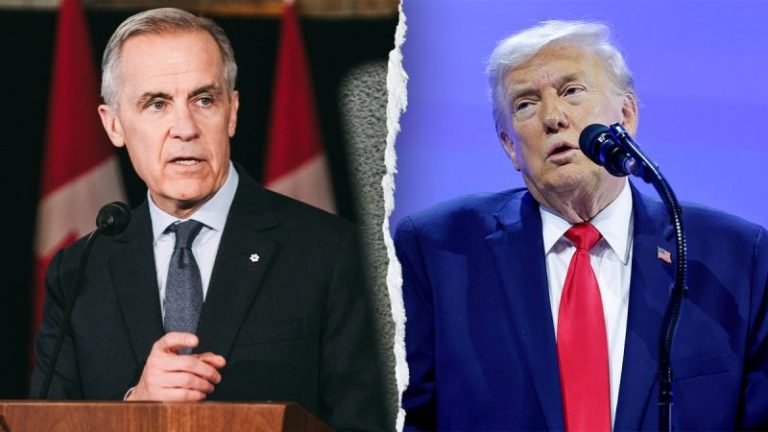Investor Insight
Coelacanth Energy presents strong growth potential in the Canadian light oil and natural gas sector, supported by rapidly increasing production, robust pad performance at Two Rivers, and continued infrastructure buildout. Encouraging well test results and a management team with a track record of repeated success position Coelacanth as a compelling long-term growth story.
Overview
Coelacanth Energy (TSXV:CEI) is a junior oil and natural gas exploration and development company, focusing primarily on the prolific Montney region in northeastern British Columbia, Canada. With a substantial landholding of approximately 150 net sections in the Two Rivers area of Montney, Coelacanth is strategically positioned to harness the potential of one of the most resource-rich natural gas basins in North America.
Coelacanth distinguishes itself with a two-pronged strategy: near-term production growth and long-term resource development. Supported by advanced geological delineation and a robust infrastructure buildout, the company is poised to scale efficiently as it transitions from exploration to production.
Backed by a management team that has built and sold six successful oil and gas companies, Coelacanth is focused on delivering returns through disciplined capital deployment and operational execution.
The Montney Advantage
The Montney Formation spans British Columbia and Alberta and is known for its high levels of recoverable natural gas and liquids. Montney has attracted numerous large oil and gas producers, including companies like Canadian Natural Resources (CNQ), Shell, ARC Resources (ARX), Tourmaline Oil Corp (TOU), and ConocoPhillips (COP). The presence of such large players highlights the importance of this region in contributing to both the Canadian and global energy markets.
Coelacanth’s landholdings are strategically located in the Two Rivers area of Montney, giving it access to a highly productive portion of the basin. Unlike many junior exploration companies, Coelacanth is drill-ready, positioning it favorably among its peers. By securing significant infrastructure and landholdings, Coelacanth ensures its ability to tap into the natural gas and oil resources that lie beneath its properties, a key advantage in the competitive Montney region.
Company Highlights
- Over 150 net sections of contiguous land in the Two Rivers area, located in the Montney geological fairway, one of North America’s most prolific liquids-rich natural gas regions.
- Strategic proximity to major producers like ARC Resources, Tourmaline Oil Corp, Shell and ConocoPhillips.
- Two Rivers East began first production in June 2025, with systematic ramp-up ongoing through the year.
- Phase 1 facilities now operational (30 mmcf/d + associated oil); Phase 2 to add compression and double capacity by late 2025.
- Nine wells drilled and tested on the 5-19 pad with over 11,000 boe/d in aggregate flush test rates; multiple wells exceeding 1,200 boe/d with strong light-oil cuts.
- Q3 2025 production increased 296 percent to 3,280 boe/d, driven by new volumes from Two Rivers East.
- Estimated production growth: 4,000 boe/d in 2025; 11,000 boe/d in 2026; 15,000 boe/d in 2027.
Key Projects
Two Rivers East and Two Rivers West
The Two Rivers Montney development remains the foundation of Coelacanth’s long-term growth strategy. The project includes multiple Montney benches – Lower, Upper, Basal and Middle – providing significant running room for future drilling. The company has now drilled and tested nine wells on the 5-19 pad, with combined flush test rates exceeding 11,000 boe/d and strong light-oil cuts across several Lower Montney wells.
Two Rivers East began first production in June 2025, and wells are being brought on stream in stages as facility capacity becomes available. Phase 1 facilities, capable of processing 30 mmcf/d of gas and associated oil, were completed for the June startup. Phase 2, expected to be commissioned in late 2025, will add compression and approximately double throughput capacity to support ongoing pad development.
The Two Rivers West area remains in production and continues to demonstrate commercial performance, with additional upside in the Upper Montney and opportunities for further delineation across the land base. These results support the broader multi-zone development potential across Coelacanth’s 150-section Montney position.
Market Access and Takeaway Agreements
Coelacanth lands are directly connected to LNG Canada via Coastal Gaslink for potential future delivery.
Coelacanth has secured long-term gas takeaway for its growing production base. The company holds firm commitments for up to 100 mmcf/d of natural gas takeaway capacity and has secured processing capacity of up to 60 mmcf/d at a third-party facility. Oil and condensate produced from the Montney light oil window can be trucked to regional terminals or connected via infrastructure to major hubs including Fort Saskatchewan, Edmonton and Prince George.
On the gas side, Coelacanth has egress options through pipelines such as NGTL, Westcoast and Alliance, and is strategically positioned to benefit from future access to LNG Canada via the Coastal GasLink system.
Board and Management
Rob Zakresky – President and CEO
Rob Zakresky has a significant background in the oil and gas sector, previously serving as the president and CEO of Leucrotta Exploration as well as five additional predecessor companies. He has been with Coelacanth Energy since its inception and is recognized for his strategic leadership and focus on enhancing shareholder value. His expertise in financial management and operations is reflected in his approach to driving the company’s growth.
Bret Kimpton – Vice-president of Operations and COO
Bret Kimpton joined Coelacanth Energy in 2022, bringing a wealth of experience from his previous role as vice president of production at Storm Resources, where he contributed to significant production growth. He has a strong background in construction and operations, especially in the Montney region of British Columbia, managing various fields. His role at Coelacanth focuses on overseeing operational efficiency and implementing the company’s growth strategies.
Nolan Chicoine – Vice-president of Finance and CFO
Nolan Chicoine has also been with Coelacanth Energy since its inception. His responsibilities encompass financial oversight, including financial planning, reporting, and analysis. He plays a crucial role in aligning the financial strategies with the company’s operational goals. His background includes significant experience in financial management as CFO for Leucrotta Exploration, Crocotta Energy, and Chamaelo Energy.
Jody Denis – Vice-president of Drilling & Completions
Jody Denis is the former drilling, engineering & operations engineer at Leucrotta Exploration. Prior to that, he was senior operations advisor at Black Swan Energy, drilling manager at ARC Resources, and drilling and completions manager at Birchcliff Energy.
John Fur – Vice-president, Geosciences
John Fur is the former manager, exploration of Leucrotta Exploration, and former senior geophysicist at Crocotta Energy, Chamaelo Energy, Chamaelo Exploration, Viracocha Energy, Canadian Natural Resources, Post Energy, Amber Energy and Husky Oil.
Dan Rach – Vice-president, Production
Dan Rach joined Coelacanth in Sept 2023 as senior production engineer. Prior to that, he was production engineer at Canadian Natural Resource, engineering manager at Bidell Equipment LP, supplier quality engineer at Flextronics Network Services, and manufacturing engineer at General Motors.










